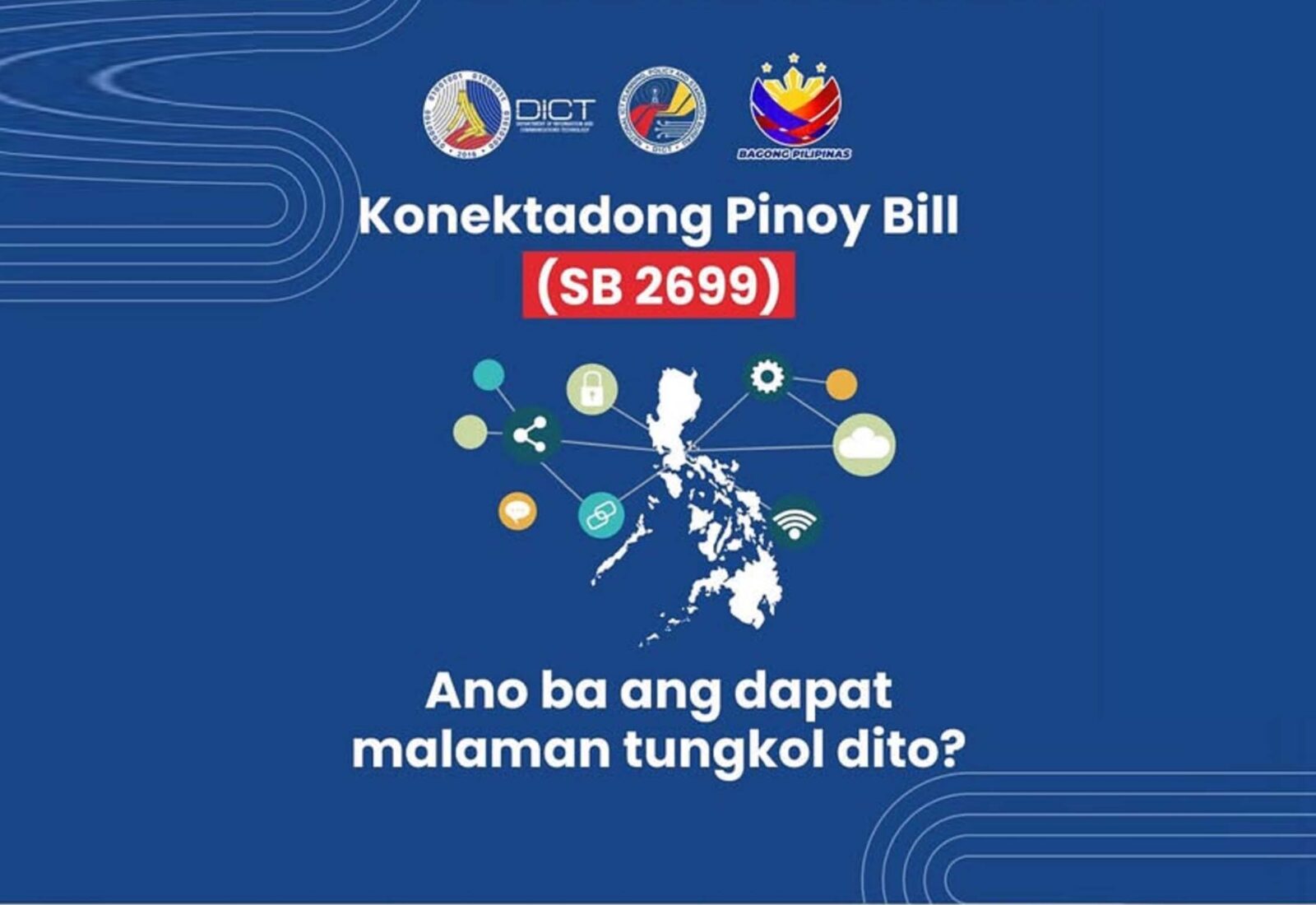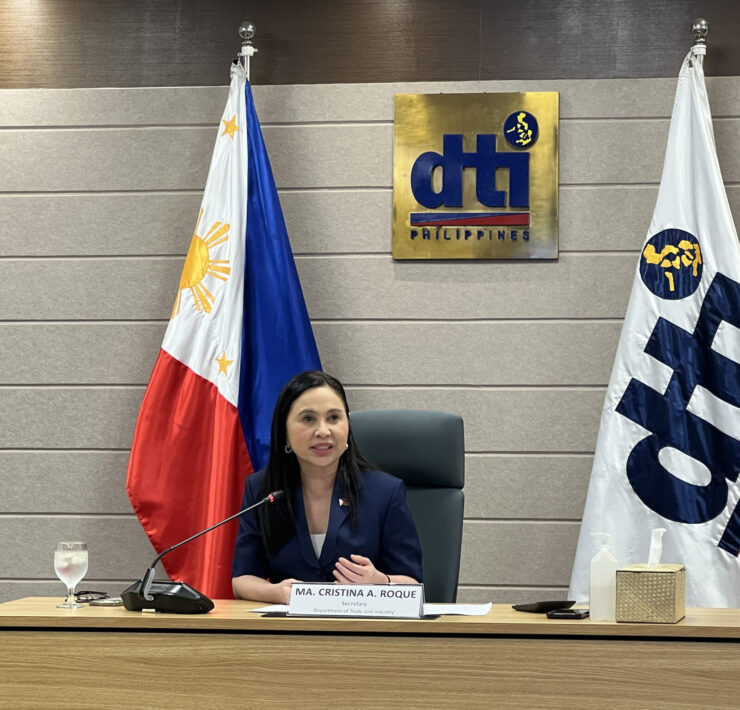‘Konektado’ law brings risks, opportunities for PLDT, Globe

PLDT and Globe, the Philippines’ dominant telecommunications companies, may soon face both fresh risks and new opportunities as the government opens the country’s digital infrastructure to wider competition.
BMI Research, a unit of the Fitch Group, said the “Konektadong Pinoy” law, which lapsed into effect last month, lowers the barrier for new players, including satellite operators.
Konektadong Pinoy is regarded as a reform designed to address the shortfalls hampering the country’s ambitions to become a key regional digital hub.
The measure is “radical,” BMI said, with the potential to loosen PLDT and Globe’s grip on the lucrative wireline broadband business.
Yet the Fitch unit also noted that the two incumbents could benefit by expanding into each other’s strongholds or creating separate infrastructure businesses to draw new partners and revenue.
“In principle, the law is broadly positive for the telecoms and technology market,” BMI said.
“But incumbents will need to closely monitor the development of the detailed implementing rules and regulations before adapting their business models and strategies for the new era,” it added.
Legislative franchise
A central provision of Konektadong Pinoy removes the decades-old requirement for companies to secure a legislative franchise, a hurdle unique to the Philippines that proponents argued was outdated.
The law also forces existing players to open up their infrastructure to third-party providers. PLDT and Globe have opposed the change, warning that new entrants could cannibalize their consumer businesses and that mandated access fees may not reflect the billions they have invested in networks.
PLDT said it may challenge the law before the Supreme Court to “raise the issue of constitutionality.”
Looking ahead, BMI flagged some risks, including the Department of Information and Communications Technology’s “relatively limited experience in anticipating the needs of a modern digital services market.”
“Its finalized implementing rules and regulations may either be too conservative and restrictive or not fully comprehensive, allowing for weaknesses in critical areas, such as cross-border data transfers, data sovereignty, cybersecurity and the usage of artificial intelligence,” BMI said.





















